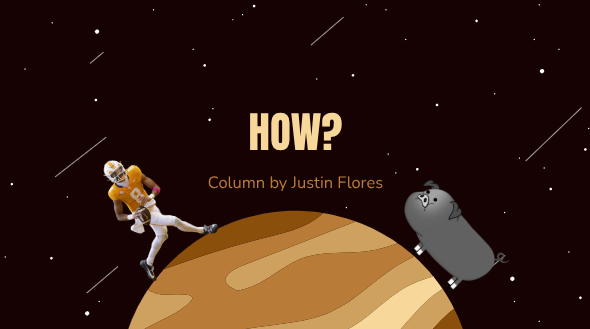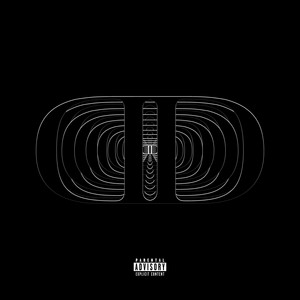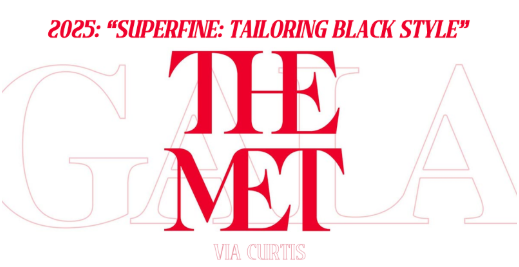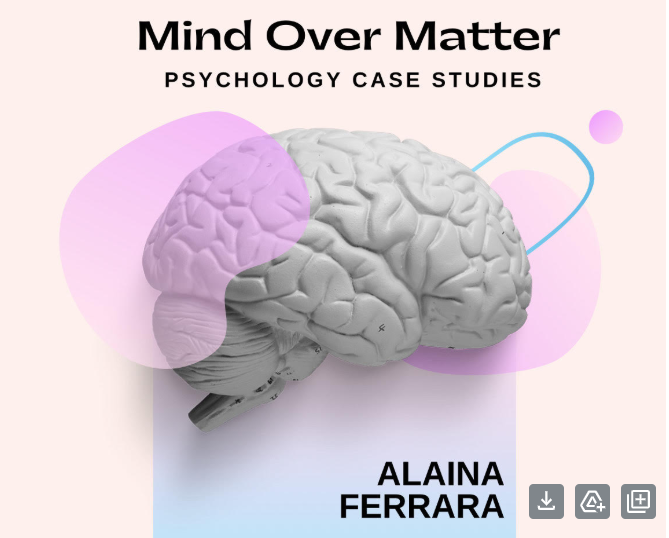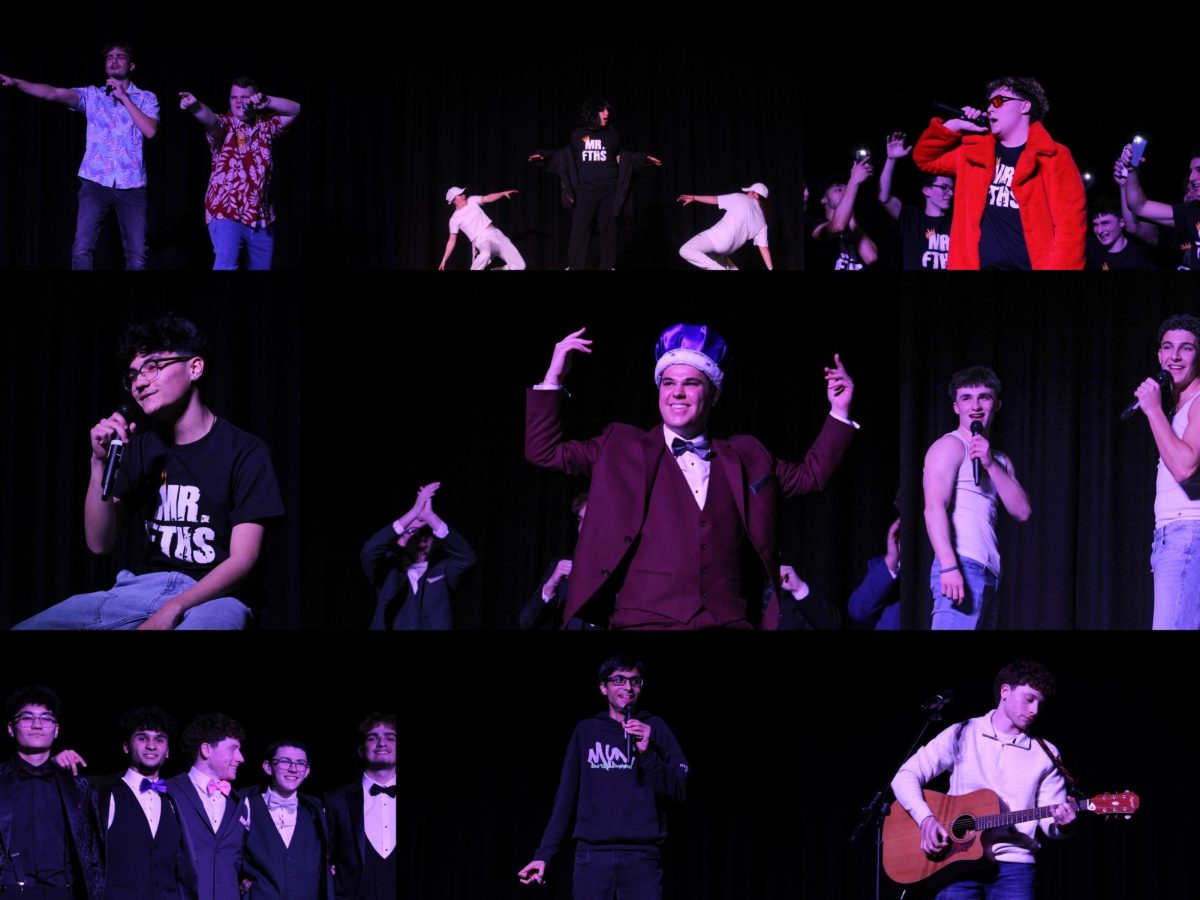Reed Books: Vicious
November 29, 2020
Vicious by V. E. Schwab is a great example of an adult book in the fantasy genre, one that toys with superpowers, heroes, and villains without becoming juvenile or campy. It follows the protagonist Victor, a college student, as he and his roommate attempt (and succeed) to turn themselves into “EOs”, or ExtraOrdinary people, through near-death experiences. When his best friend, Eli, determines that all EOs other than himself are unnatural and sets out to kill them all, Victor sets out to stop him, all while attempting to keep his own powers secret. What gives this novel depth is the consistent and well-developed perversion of religion in Eli’s character.
When we are first introduced to Eli through Victor’s eyes, we see him as the all-American boy next door type; someone Victor is extremely jealous of, someone who is smart, popular, and always gets his way. Victor mentions, more than once, that his favorite part of Eli is the darker, meaner part, that only comes through when they are alone, because it proves to Victor that no one can be that good of a person. Once Eli is killed, and subsequently resuscitated, he gains the power to heal himself from any wound. He convinces himself that this is not a “wrong” or “unnatural” power because it can only benefit, not harm. When Victor discovers his power, controlling pain levels in himself and others, Eli calls him a shadow of himself, someone who has cheated Death and is reaping the rewards. Throughout the novel, Eli justifies his many kills to himself with religion by crossing himself after the act, or praying. Still, his sick sense of purpose only found after murdering someone proves that he is not a “good” man, no matter how religious. Schwab successfully differentiates religiousness with goodness through Eli’s character, and uses him as a horrifying example of using religion to justify violence.
Another thing that makes this perversion so effective is its connection to the larger theme of a “dark self”, and the power of the subconscious. Eli’s “undead” self commits the acts that his regular subconscious, the part of him that Victor liked, always wanted to. He sees other EOs as dark versions of themselves, without realizing that this applies to him, as well. This also applies to the exact way that every EO gets their power – whatever they are thinking as they are dying comes to them when they are resuscitated (Victor wishes he could control his pain, and he comes back being able to do that. Eli wants the power to heal himself from his wounds, and suddenly, he can). The subconscious controls the three most important factors of the novel; Eli’s religious justification, Victor and Eli’s friendship, and the way that ExtraOrdinary people obtain powers, thus making the book a fleshed out study on the subconscious and “dark self”.
Ultimately, Vicious is an ambitious novel that sets out to explore the differences between the socially unaccepted and socially accepted versions of ourselves, and succeeds. It connects three themes – survival, friendship, and religion – to one main idea: the subconscious, and does so in a compelling way.












